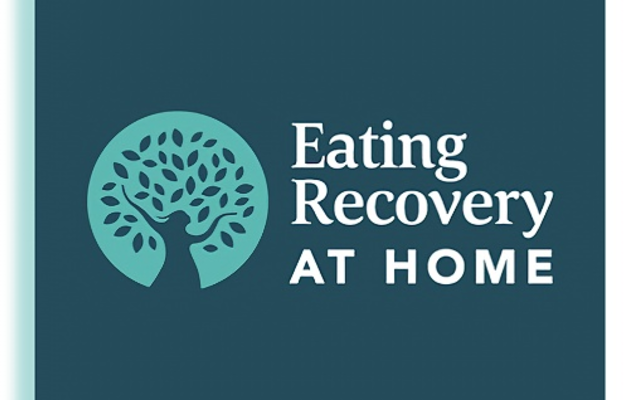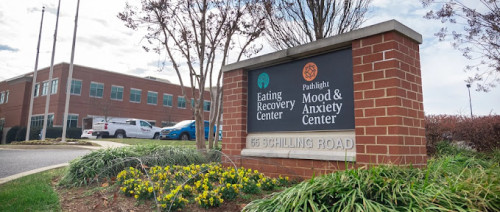
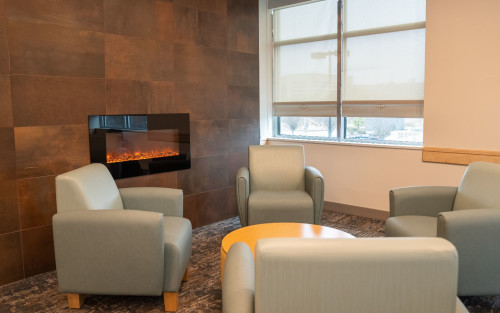

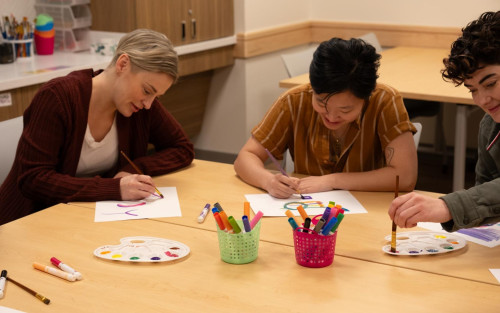
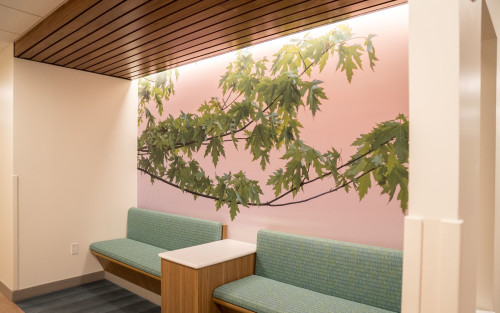




Eating Recovery Center Baltimore Residential
Verified Center
This provider's information has been quality-checked by Recovery.com's Research Team for accuracy and completeness, including center verification through appropriate third-party organizations.
Treatment Focus
You can get treatment for eating disorders at this center, helping you navigate symptoms, build coping tools, and restore your physical health under expert care.
Primary Level of Care
Offering intensive care with 24/7 monitoring, residential treatment is typically 30 days and can cover multiple levels of care. Length can range from 14 to 90 days typically.
Treatment Focus
You can get treatment for eating disorders at this center, helping you navigate symptoms, build coping tools, and restore your physical health under expert care.
Primary Level of Care
Offering intensive care with 24/7 monitoring, residential treatment is typically 30 days and can cover multiple levels of care. Length can range from 14 to 90 days typically.
Provider's Policy
We are in-network with all major commercial insurance providers.
Eating Recovery Center Baltimore Residential
Eating Recovery Center Baltimore Residential
About Eating Recovery Center Baltimore Residential
ERC Baltimore’s residential program lights the way for medically stable children, adolescents, and adults of all genders to recover from eating disorders. Patients receive 24-hour support—including continued observation and daytime medical and psychiatric supervision—from a team of experts who specialize in eating disorders and other co-occurring mental health conditions. Through personalized plans that include therapy, education, medical support, and family involvement, ERC helps patients achieve optimal physical and mental health.
Thrive with a Comprehensive, Personalized Approach
Patients at ERC engage in evidence-based therapies and develop recovery skills for real-world situations. Individual, group, and family therapy sessions give patients the chance to explore what matters most to them, build coping skills, and gain insight from peers who share their struggles. Registered dietitians provide supportive, structured meal planning that emphasizes balance, variety, and flexibility.
Feel Comfortable in Healing Surroundings
Just north of Baltimore in beautiful suburban surroundings, ERC’s residential facility is a safe, nurturing environment. Patients stay in cozy bedrooms, and the child and adolescent units are designed with youth in mind. A state-of-the-art teaching kitchen provides hands-on experience with meal planning and emotional regulation, and an inviting café allows patients to practice mindful eating during mealtimes.
Continue Outpatient Care Across the Street
With day treatment and intensive outpatient programs directly across the street, ERC Baltimore’s step-down model of care provides convenient support at every phase of recovery. The buildings are in the same campus-like environment, offering a safer, more supportive atmosphere that promotes collaboration and closeness. Frequent communication and coordination with outpatient providers helps ensure continuity of care and positive outcomes.

Highlights from the Center
Highlights
These highlights are provided by and paid for by the center.
Private Rooms Available
Adolescents
Accredited
Eating Disorders Program
Center Overview
Treatment Focus
You can get treatment for eating disorders at this center, helping you navigate symptoms, build coping tools, and restore your physical health under expert care.
Joint Commission Accredited
The Joint Commission accreditation is a voluntary, objective process that evaluates and accredits healthcare organizations (like treatment centers) based on performance standards designed to improve quality and safety for patients. To be accredited means the treatment center has been found to meet the Commission's standards for quality and safety in patient care.

Eating Recovery Center Baltimore Residential
Insurance Accepted
Cash Pay Rates
Estimated Cash Pay Rate
Center pricing can vary based on program and length of stay. Contact the center for more information. Recovery.com strives for price transparency so you can make an informed decision.
More Eating Recovery Center Locations
Recovery.com Verified Listing
Recovery.com verified that the name, location, contact information and license to operate for this treatment provider are valid and up-to-date.

Licensed by Maryland
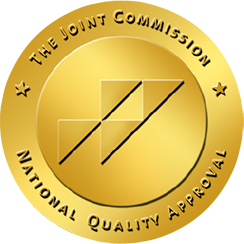
Joint Commission Accredited
Recovery.com is an independent, third-party mental health resource. Verification does not imply endorsement and does not guarantee the quality of treatment services.
Meet Your Care Team

Lori Schwartz
Medical Director
MD

Grace Serafini
Nurse Practitioner
PMHNP

Melissa Clark
Primary Care Physician
MD
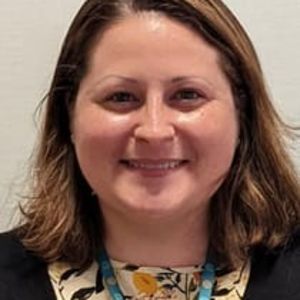
Caitlin Royster
Nutrition Director
RD, LDN
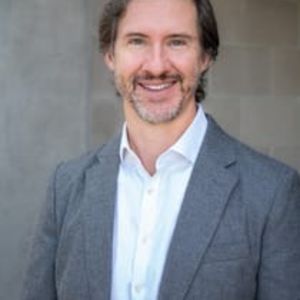
Matthew Pierson
Regional Medical Director - East Region
MD

Heather VanHooser
Chief Nursing Officer
MBA, MSN, RN

Stephanie Stewart
Regional Vice President

Lara Kenik
Regional Nursing Director
MS, RN

Lisa Tuchman
Primary Care Physician
MD, MPH

Irene Rovira
Executive Director
PhD

Kim Anderson
Regional Clinical Director
PhD, CEDS

Steven F. Crawford
National Medical Director Physician Training and Development
MD


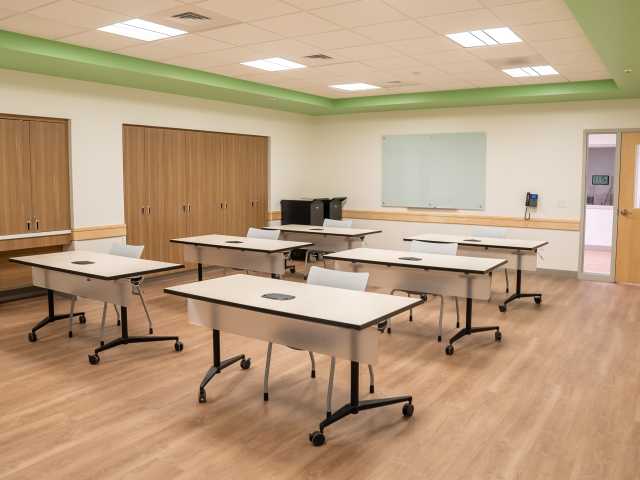
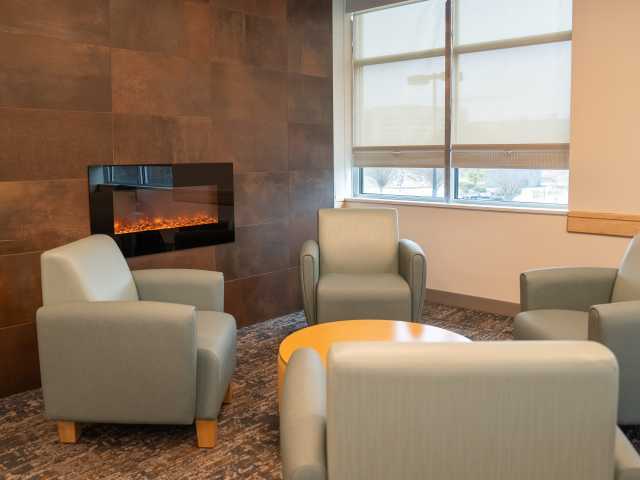
Your Care Options
Specializations
Residential
In a residential rehab program, patients live onsite, with access to daily treatment and 24-hour care. An average stay is 30-90 days.
Co-Occurring Disorders
A person with multiple mental health diagnoses, such as addiction and depression, has co-occurring disorders also called dual diagnosis.
Adolescents
Teens receive the treatment they need for mental health disorders and addiction, with the added support of educational and vocational services.
Eating Disorders
An eating disorder is a long-term pattern of unhealthy behavior relating to food. Most people with eating disorders have a distorted self-image.
Who We Treat
Men and Women
Men and women attend treatment for addiction in a co-ed setting, going to therapy groups together to share experiences, struggles, and successes.
Adolescents
Teens receive the treatment they need for mental health disorders and addiction, with the added support of educational and vocational services.
Children
Treatment for children incorporates the psychiatric care they need and education, often led by on-site teachers to keep children on track with school.
LGBTQ+
Addiction and mental illnesses in the LGBTQ+ community must be treated with an affirming, safe, and relevant approach, which many centers provide.
Treatment Services
Residential
In a residential rehab program, patients live onsite, with access to daily treatment and 24-hour care. An average stay is 30-90 days.
Approaches
Evidence-Based
A combination of scientifically rooted therapies and treatments make up evidence-based care, defined by their measured and proven results.
Family Involvement
Providers involve family in the treatment of their loved one through family therapy, visits, or both–because addiction is a family disease.
Individual Treatment
Individual care meets the needs of each patient, using personalized treatment to provide them the most relevant care and greatest chance of success.
Therapies
1-on-1 Counseling
Patient and therapist meet 1-on-1 to work through difficult emotions and behavioral challenges in a personal, private setting.
Family Therapy
Family therapy addresses group dynamics within a family system, with a focus on improving communication and interrupting unhealthy relationship patterns.
Acceptance and Commitment Therapy (ACT)
This cognitive behavioral therapy teaches patients to accept challenging feelings and make the appropriate changes to reach personal goals.
Art Therapy
Visual art invites patients to examine the emotions within their work, focusing on the process of creativity and its gentle therapeutic power.
Nutrition Counseling
Nutritious food helps patients heal from within, setting them up for mental and bodily wellness as they learn about healthy eating.
Conditions We Treat
Eating Disorders
An eating disorder is a long-term pattern of unhealthy behavior relating to food. Most people with eating disorders have a distorted self-image.
Languages
Aftercare
Care Designed for Your Needs
Personal Amenities
Amenities
Special Considerations
Activities
Yoga
Yoga is both a physical and spiritual practice. It includes a flow of movement, breathing techniques, and meditation.
Off-Site Activities

Learn More About the Center
Mental Note Podcast
Listen to episodes that highlight both the work and the beauty of recovery.
10 Tips for Mealtime Support
Read advice on how to best support a loved one’s recovery during mealtimes.
9 Tips for Eating Out at Restaurants While in Recovery
Find helpful strategies to use when eating out with a loved one who has an eating disorder.
ERC Pathlight in the News
Follow the latest eating disorder coverage featuring clinicians from ERC.
We love hearing about your treatment experience
Help individuals and families seeking treatment by sharing your first-hand experience with this treatment provider. Review Guidelines.








